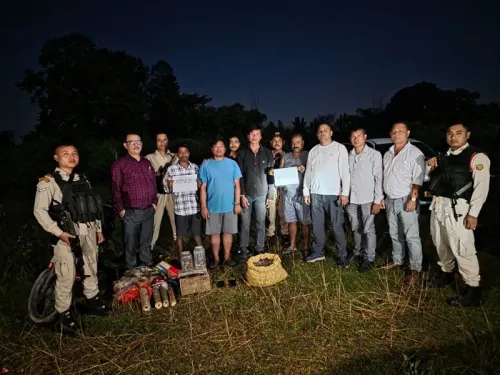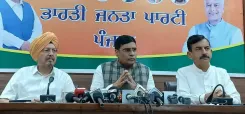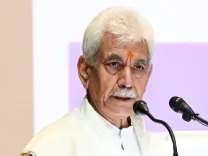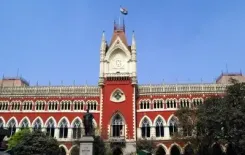NHRC Demands Action Taken Report on Worker Deaths from Sewage Cleaning and Manual Scavenging
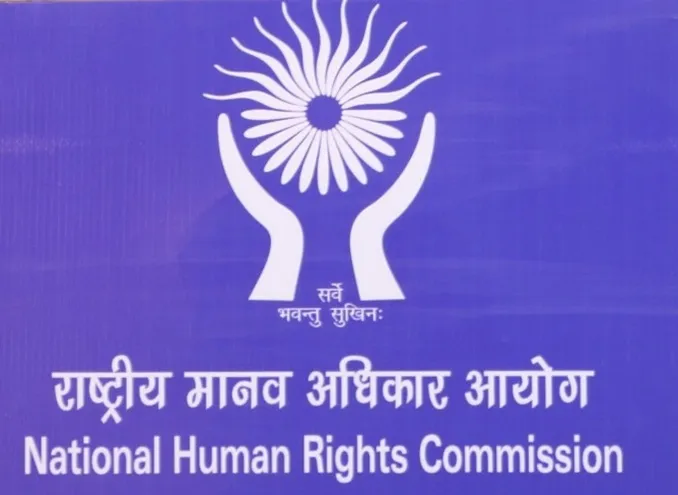
Bhubaneswar, Dec 8 (NationPress) The National Human Rights Commission (NHRC) has sent notices to the Chief Secretary of the Delhi government as well as the District Magistrates of Darbhanga in Bihar, Kozhikode in Kerala, Cuttack in Odisha, and Tiruvallur in Tamil Nadu, demanding an Action Taken Report (ATR) concerning the persistent fatalities of laborers during sewage cleaning and manual scavenging.
The authorities have been instructed to submit the ATR within a six-week timeframe following the receipt of the order. The commission's directive was issued in response to a petition from rights activist and lawyer Radhakanta Tripathy.
The NHRC expressed its deep concern, stating, "It is alarming that state authorities have failed to avert deaths stemming from sewage cleaning and manual scavenging, despite the Supreme Court's directives and this Commission's advisory on the issue."
The Secretary of the Ministry of Social Justice and Empowerment, Government of India, has also been mandated by the NHRC to implement necessary measures to prevent deaths associated with sewage cleaning and manual scavenging.
The complainant brought to the commission's attention the deaths and injuries of workers due to sewage cleaning and manual scavenging across Delhi, Bihar, Odisha, Tamil Nadu, Kerala, and other states in recent times.
Referencing data from the Central government released in August this year, the complainant underscored that 453 individuals have lost their lives while cleaning sewers and septic tanks since 2014, despite 732 of India’s 766 districts declaring themselves free from manual scavenging.
Tripathy asserted, "These fatalities are not only a blatant violation of human rights but also contravene various Supreme Court orders aimed at preventing manual scavenging. Furthermore, as every individual involved in this work and subsequently dying in these pits belongs to the Dalit community, these deaths represent a clear violation of the Prevention of Atrocities Act."
He further described the deaths of sanitation workers in sewers and septic tanks as an ongoing human rights crisis in India.
Tripathy emphasized that the lack of comprehensive policies signifies a wider societal indifference towards issues impacting marginalized communities in India.
He called for the NHRC's intervention to guarantee proper rehabilitation for the families of the deceased and recommended exemplary plans of action to prevent such tragic incidents in the future.


